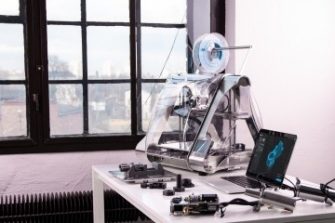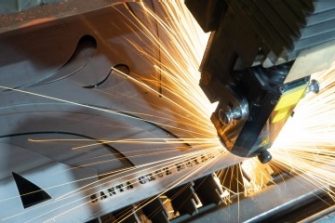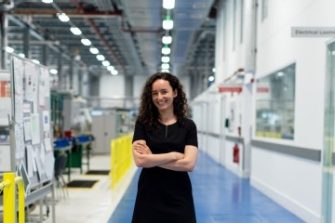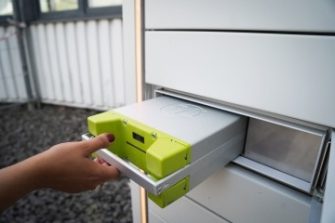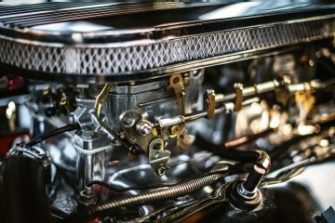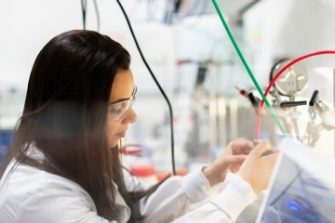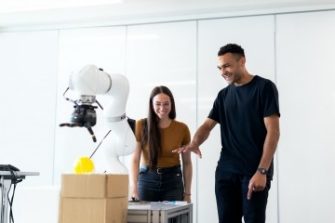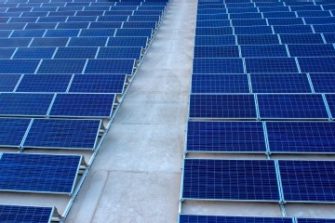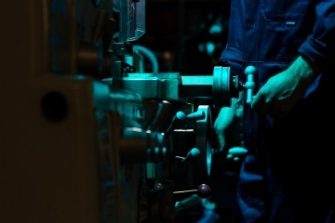Facilities
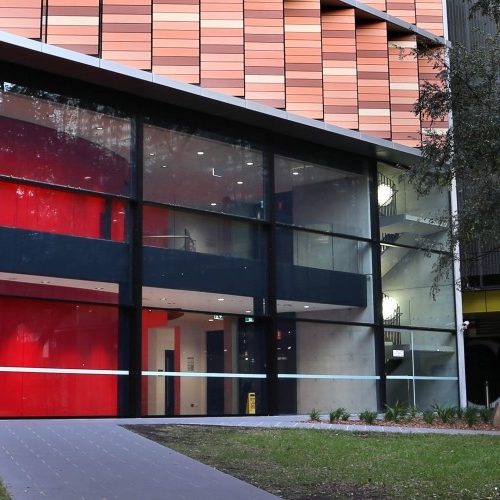
Willis Annexe
The annexe houses several core facilities from a flight simulator, a refrigeration lab to six laser labs including one equipped with blood-flow analysis technology. We also have machines for tensile and compression testing, an aerodynamics laboratory with four wind tunnels and a renowned mechanical workshop.
The undergraduate workshops are on the ground floor overlooking the Willis Laneway. These open-plan areas cater for up to 400 students and are designed as flexible spaces where several labs are run simultaneously.
Ainsworth Building
The building has two purpose-designed CATS (centrally allocated teaching space) rooms and a cafe that blends into an informal student space. There are more student break-out areas spread throughout the building, each of them fitted with powered-up benches and modular furniture that students can arrange easily and use collaboratively.
The building also facilitates collaborative research and teaching pods that sit across multiple levels in reconfigured academic spaces. There are also innovative teaching spaces, including modern high-tech computer laboratories for up to 200 students.
On the northern roof of the Ainsworth Building is a new solar thermal energy and solar-energy laboratory.

